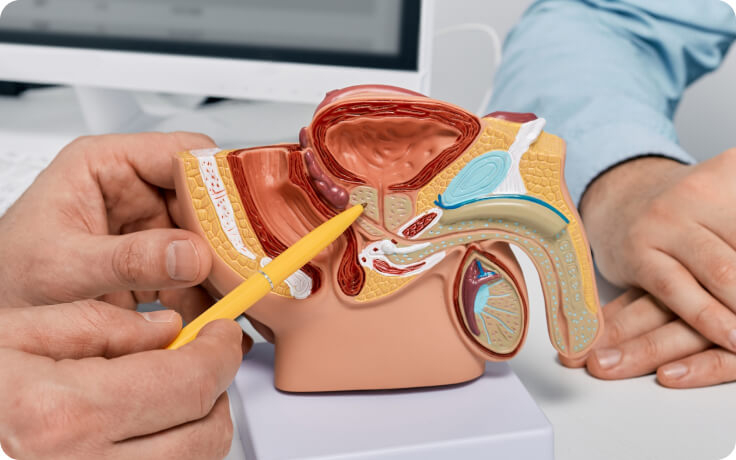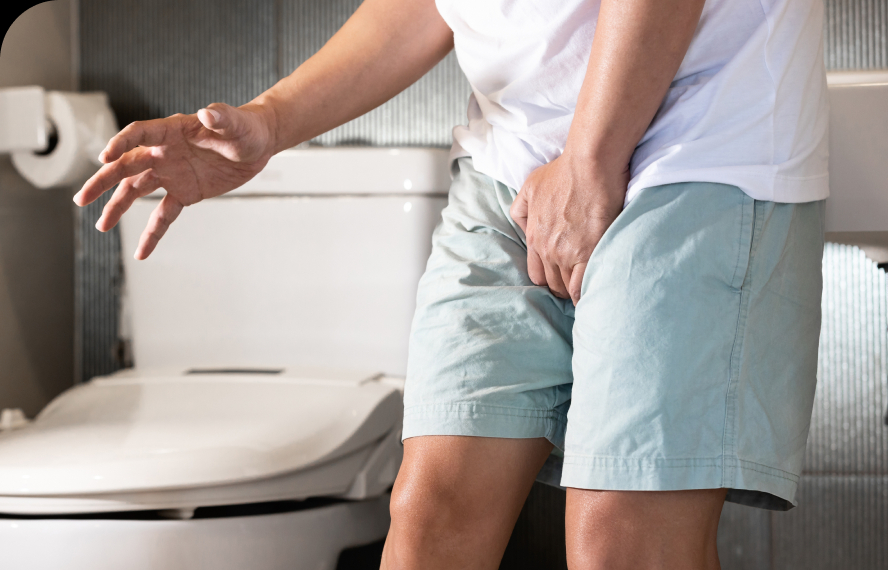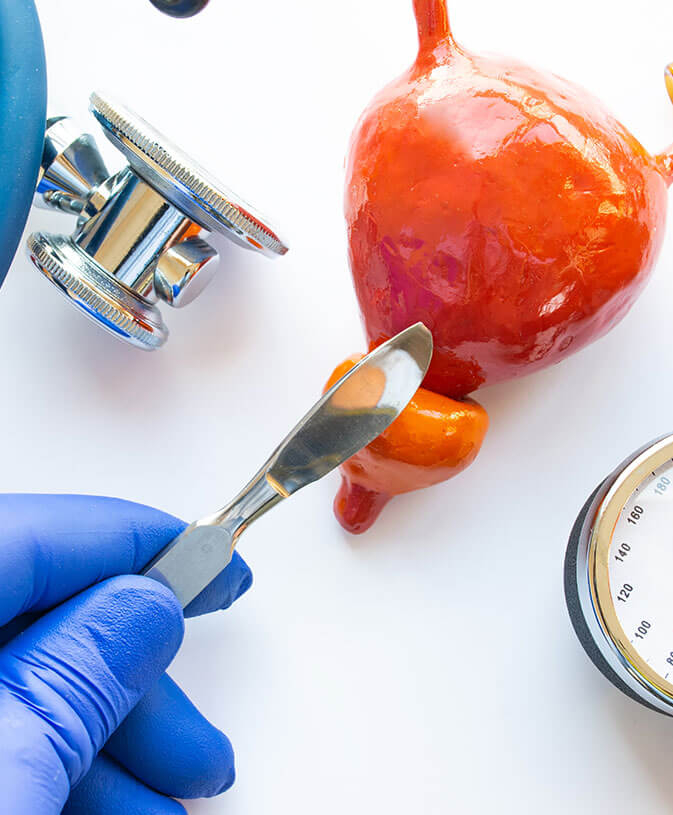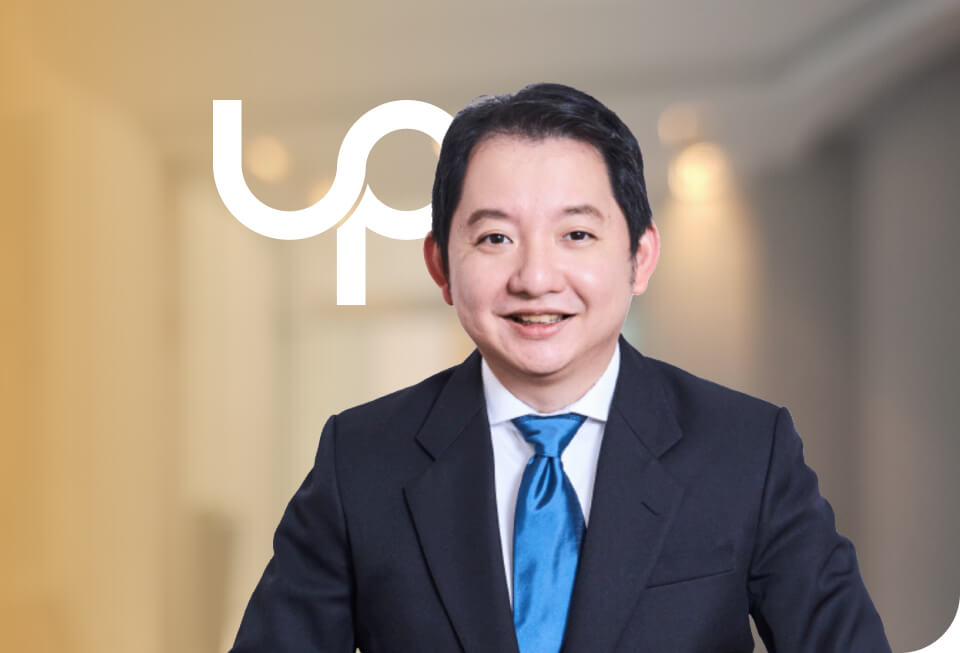What is Benign Prostatic Hyperplasia (BPH)?
Benign Prostatic Hyperplasia (BPH), also known as, benign prostate enlargement, is a common condition where the prostate gland becomes
enlarged. This condition is non-cancerous and is particularly prevalent in older men.
As the prostate gland enlarges, it can press against the urethra, leading to a narrowing of the
urethral passage and restricting the flow of urine. BPH does not increase the risk of
developing cancer.









